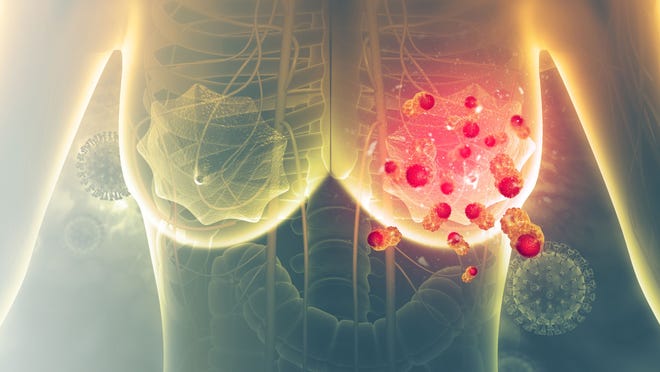There are ample examples to prove that nascent technologies like Artificial Intelligence have turned out to be a boon for the healthcare industry. A few use cases in this regards are AI-assisted robotic surgery and the use of AI is radiology among others.
As reported by Reuters, a recent study has revealed that the Google Artificial Intelligence system is more efficient than expert radiologists at early detection of breast cancer cases in women. The findings are based on analysis and screening of mammograms of women suffering with breast cancer.
According to the report, the technology has helped reduce the number of false-positive results by 5.7% in the US-based group and by 1.2% in the UK-based group. Furthermore, the number of false negatives was also reduced by 9.4% in the US group and by 2.7% in the UK group.
The study published in the journal Nature reveals that Artificial Intelligence has the potential to improve the accuracy of breast cancer screening, a disease which affects one in eight women across the globe.
Apart from Mozziyar Etemadi, the co-author of the study from Northwestern University in Chicago, other researchers who were part of the study represent the Imperial College London and UK’s National Health Service.
The AI system was trained by the researchers to accurately detect breast cancer on over a thousand mammograms. The researchers also compared AI’s performance with the results of 3,097 mammograms from the US and 25,856 from the United Kingdom. The study was developed with Alphabet Inc.’s DeepMind AI unit which integrated with Google Health in September 2019.
In the test conducted by the researchers, Google’s AI system was able to outperform all the six radiologists it was pitted against by accurately detecting breast cancer. According to Harvard Massachusetts General Hospital’s chief of breast imaging department, Connie Lehman, the results of the study were in line with the findings of several other groups that had used AI to improve cancer detection in mammograms, including her own work.
Highlighting the difference between currently available CAD (computer-aided diagnosis) programs and AI systems, Lehman says that while the current CAD systems are only trained to spot things that human radiologists can see, AI exceeds the human capacity by identifying various signs and hints that can’t be perceived by humans.




